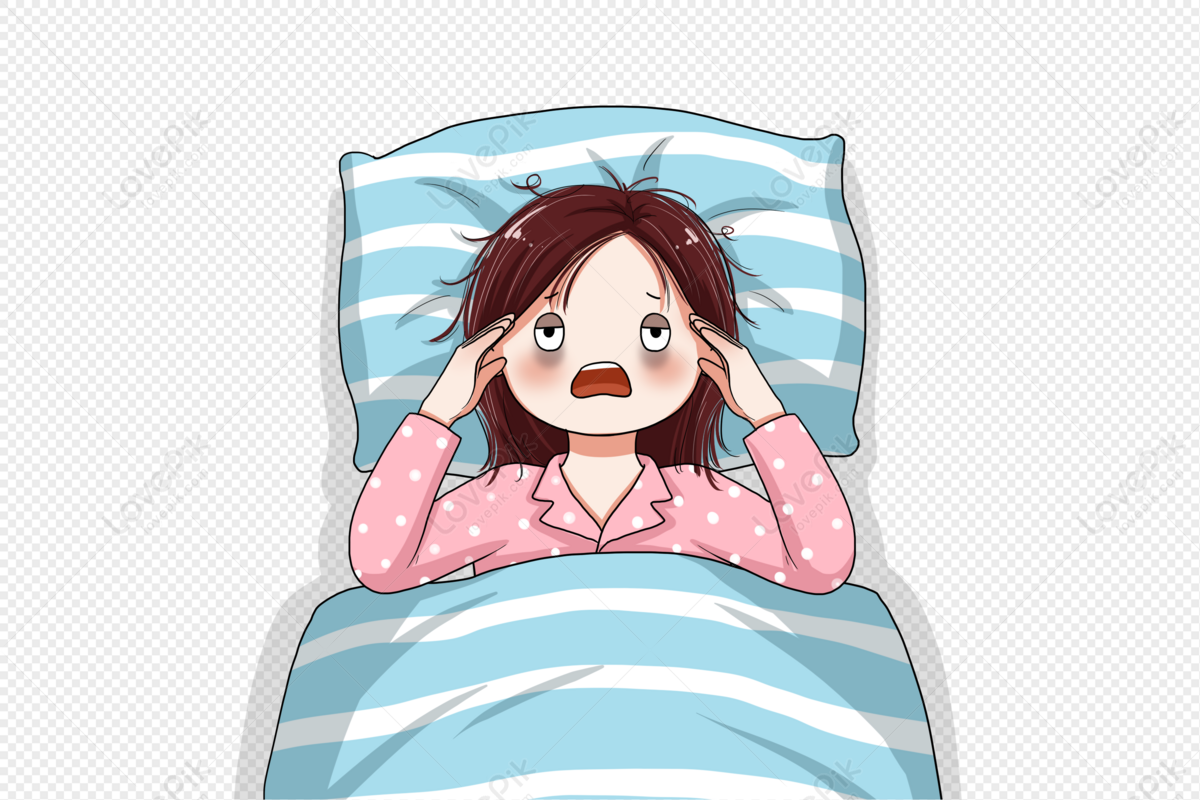A vital component of human health and wellbeing, sleep is essential for proper physical, mental, and emotional functioning. However, from early childhood to old age, sleep requirements and patterns differ greatly. Sleep disorders can affect a person’s quality of life and general health at any time in life. This article examines the frequency, causes, and effects of sleep disruptions throughout the life span, emphasizing the particular difficulties and factors to be taken into account at each developmental stage.
Early Childhood and Infanthood:
Infants go through major changes in their sleep patterns during infancy and early childhood as they shift from having inconsistent sleep-wake cycles to having more consistent nocturnal sleep. On the other hand, during this time, sleep disorders include frequent night awakenings, trouble falling asleep, and short sleep durations are typical. The following are some of the factors that cause sleep disruptions in newborns and early children:
Feeding and Digestive Issues:
Sleep patterns in newborns can be disturbed by hunger, discomfort from reflux or colic, and inconsistent feeding regimens.
Developmental Milestones:
These can include teething, learning to roll over, and separation anxiety, which can induce sleep disturbances and wakefulness at night.
Parenting Techniques:
Sleep difficulties in young children can be caused by irregular bedtime rituals, excessive feeding or comforting during the night, and incorrect sleep associations (e.g., nursing to sleep).
Childhood and Adolescence:
Throughout childhood and adolescence, sleep habits continue to change, and as kids get older, they need less sleep. Nevertheless, at this stage of growth, sleep disruptions are still common and are sometimes made worse by things like:
scholastic Demands:
In school-aged children and teenagers, rising scholastic pressures, extracurricular activities, and social duties can result in inadequate sleep and unpredictable sleep cycles.
Screen Time:
Children and teenagers who spend too much time on screens before bedtime may experience sleep disruptions and a delayed start to sleep.
Pubertal Changes:
Adolescents’ sleep patterns and sleep disorders may be influenced by hormonal changes linked to puberty, such as altered circadian rhythms and delayed melatonin release.
Adulthood:
Stress at work, family obligations, and lifestyle choices are some of the variables that might cause sleep disruptions in adults. Adults who experience frequent sleep disruptions include:
Insomnia:
One of the main symptoms of insomnia is difficulty getting asleep, remaining asleep, or waking up too early. Stress, worry, depression, and medical disorders can all cause insomnia.
Apnea during sleep:
Obstructive sleep apnea, which is more common in middle-aged and older persons, is defined by recurrent breathing pauses during sleep. It is also frequently linked to snoring, obesity, and excessive daytime sleepiness.
Shift Work:
Working irregular hours or alternating shifts can throw off the body’s circadian rhythm, causing sleep difficulties, exhaustion, and a higher chance of mishaps and health issues.
Getting Older and Aging:
Changes in sleep architecture, length, and quality are frequent as people age; older adults tend to have lighter, more fragmented sleep than younger adults. In older adults, sleep disruptions can be caused by:
Typical Aging Process:
Sleep disorders in older individuals can be caused by altered circadian rhythms, decreased melatonin synthesis, and age-related medical issues such nocturia (repeated nighttime urination), arthritis, and chronic pain.
Sleep problems:
Insomnia, sleep apnea, restless legs syndrome, and periodic limb movement disorder are among the sleep problems that older persons are more likely to have.
Medication:
Certain drugs, like antidepressants, diuretics, and antihypertensives, are frequently used to treat age-related health disorders and may have adverse effects that interfere with sleep.
A vital component of human health and wellbeing, sleep affects a range of physiological, mental, and emotional functions. But throughout life, sleep habits and behavior change, presenting unique difficulties and vulnerabilities at various developmental stages. People might have a variety of sleep disorders from early childhood to old age, which can negatively affect their general quality of life. This article examines sleep disruptions that affect people of all ages, from early childhood to old age. It looks at typical sleep problems, underlying causes, and methods for encouraging restful sleep at each period of life.
Childhood:
There is a considerable development and maturation of sleep patterns during infancy and early childhood. In general, newborns sleep for shorter amounts of time and wake up a lot during the night. As they become older, they increasingly consolidate their sleep into longer sleep cycles. However, during infancy and early childhood, sleep problems such trouble falling asleep, reluctance to bedtime, and night awakenings are frequent.
Childhood sleep problems are caused by the following factors:
Developmental Checkpoints:
Growth spurts, teething, and the development of motor skills are examples of milestones that can interfere with sleep patterns and cause restlessness and nightly awakenings.
Parenting Techniques:
Children’s sleeping patterns and behaviors can be influenced by parenting techniques such as feeding and sleeping schedules, parental responsiveness, and sleep environment.
Sleep Disorders:
Sleep disorders that can arise in childhood and lead to sleep problems include obstructive sleep apnea, restless legs syndrome, and parasomnias (such as night terrors and sleepwalking).
Establishing a regular bedtime schedule, preparing a sleeping environment, and taking care of any underlying medical conditions or behavioral problems that may be causing sleep disturbances are some strategies for encouraging healthy sleep in children.
Adolescence is a time of transition marked by notable changes in physical appearance, cognitive abilities, and social interactions. These changes might have an effect on behavior and sleep patterns. A natural shift in circadian rhythms occurs during adolescence, resulting in a preference for later bedtimes and wake hours. However, teenagers’ sleep cycles can be upset and sleep deprivation can be exacerbated by early school start times, academic pressure, social media use, and extracurricular activities.
In conclusion,
sleep disorders can affect a person’s physical health, cognitive performance, and emotional well-being at any stage of life, from infancy to old age. While the frequency and underlying causes of sleep disturbances differ among developmental stages, stress, lifestyle choices, and underlying medical disorders are among the factors that can exacerbate sleep problems at any age. A comprehensive strategy that takes into account each person’s needs, developmental stage, and relevant circumstances is necessary to address sleep disorders. Through the promotion of healthy sleep habits, the resolution of underlying health issues, and the pursuit of appropriate insomnia treatment when necessary, people can enhance their overall quality of life and optimize their sleep health at every stage of life. If sleep disruptions are persistent or severely interfere with everyday functioning, it is imperative to seek advice from a healthcare professional. They may offer tailored recommendations and therapies to properly manage sleep concerns.









